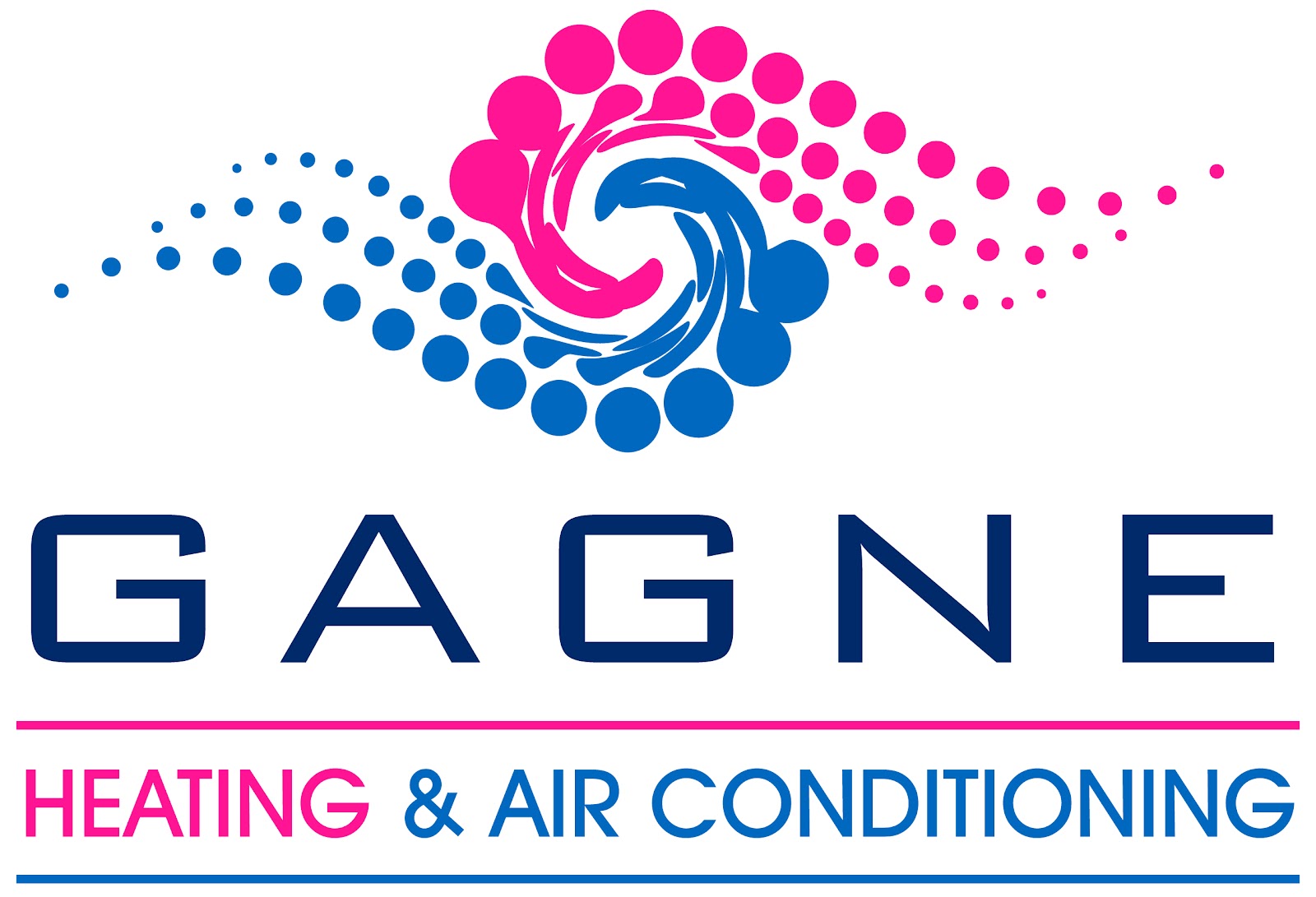Learn about the benefits of zoned HVAC systems and how to get it installed in your home or office

For those who’ve caught themselves wishing for a way to individually heat certain areas of their home or business, there’s an easier solution coming around: zoned heating, ventilation and air conditioning (HVAC) systems.
Why Upgrade to a Zoned HVAC System?
While most buildings only have a single thermostat to control the temperature of the entire space, this is highly inefficient and inconvenient. HVAC zoning, on the other hand, distributes thermostat panels for each zone in a building to individually control the heating and cooling distribution, which conserves energy and improves comfort for the occupants.
Aside from lowering electrical costs, zoned HVAC allows two occupants with different temperature preferences to individually control their environment without interfering with each other. Or, if there’s an area of an office or home that isn’t occupied, zoned HVAC allows you to avoid wasting power on it.
For those who are considering a new installation or an update to a pre-existing HVAC rig, review the following benefits:
• 30% improved efficiency
• Quicker climate control
• Zone-based thermostats make controls more accessible
• Varied control settings improve coworker and roommate relations
• Simple to install or upgrade to
Zoned heated and air conditioning provides an all-in-one solution to these archaic complications as well as a much faster application, allowing the system to turn on and off more quickly.
Who Installs Zoned HVAC Systems?
It’s important to understand that not all HVAC specialists are willing or able to handle zoned HVAC systems. Even those who do install such systems may have limited experience. Zoned HVAC systems are particularly difficult to work with because of the added complication of integrating various climate control systems.
The installation and maintenance of zoned systems isn’t necessarily more time-consuming or expensive, but they require a finer grasp of current HVAC mechanisms. Multiple indoor and outdoor control systems must be mounted and connected to various electrical and refrigerant lines that correspond to the varying zones. This is more complex compared to the typical central air conditioning or ductless mini-split AC setup.
Non-zoned HVAC fixtures can be turned into a zoned system by breaking up the control scheme on a zone-by-zone basis. Additional control panels, thermostats and zone-based dampers must be added to fine-grain the direction and supply of heated and cooled air flow.
Zoned HVAC setups rely on the same single “core” to make everything run and can be achieved through the addition of control and routing elements to the traditional system currently installed in most homes, offices and retail environments. It is best to enlist an HVAC technician who has a firm grasp on all the points of modification.
If you’re interested in learning more about zoned HVAC for your Georgia home or office, give Gagne Heating & Air Conditioning a call. We’re a family-owned and operated small business serving the Atlanta region with a 100% satisfaction guarantee. Our licensed, bonded and insured contractors bring the most efficient climate control residential and commercial solutions that improve indoor comfort standards and save on electrical utilities.
Contact us today to find out how your home or office could benefit from zoned HVAC.
